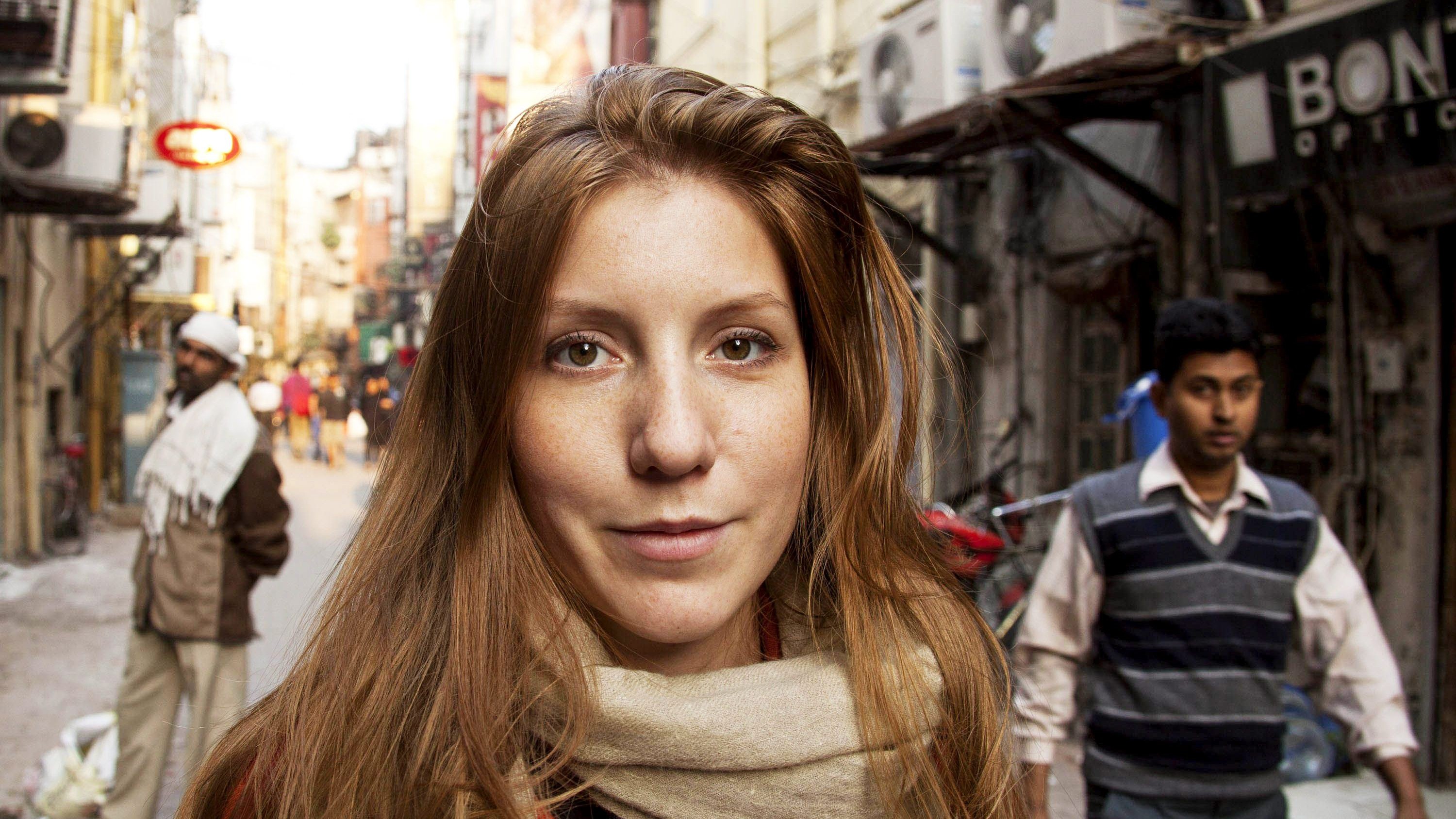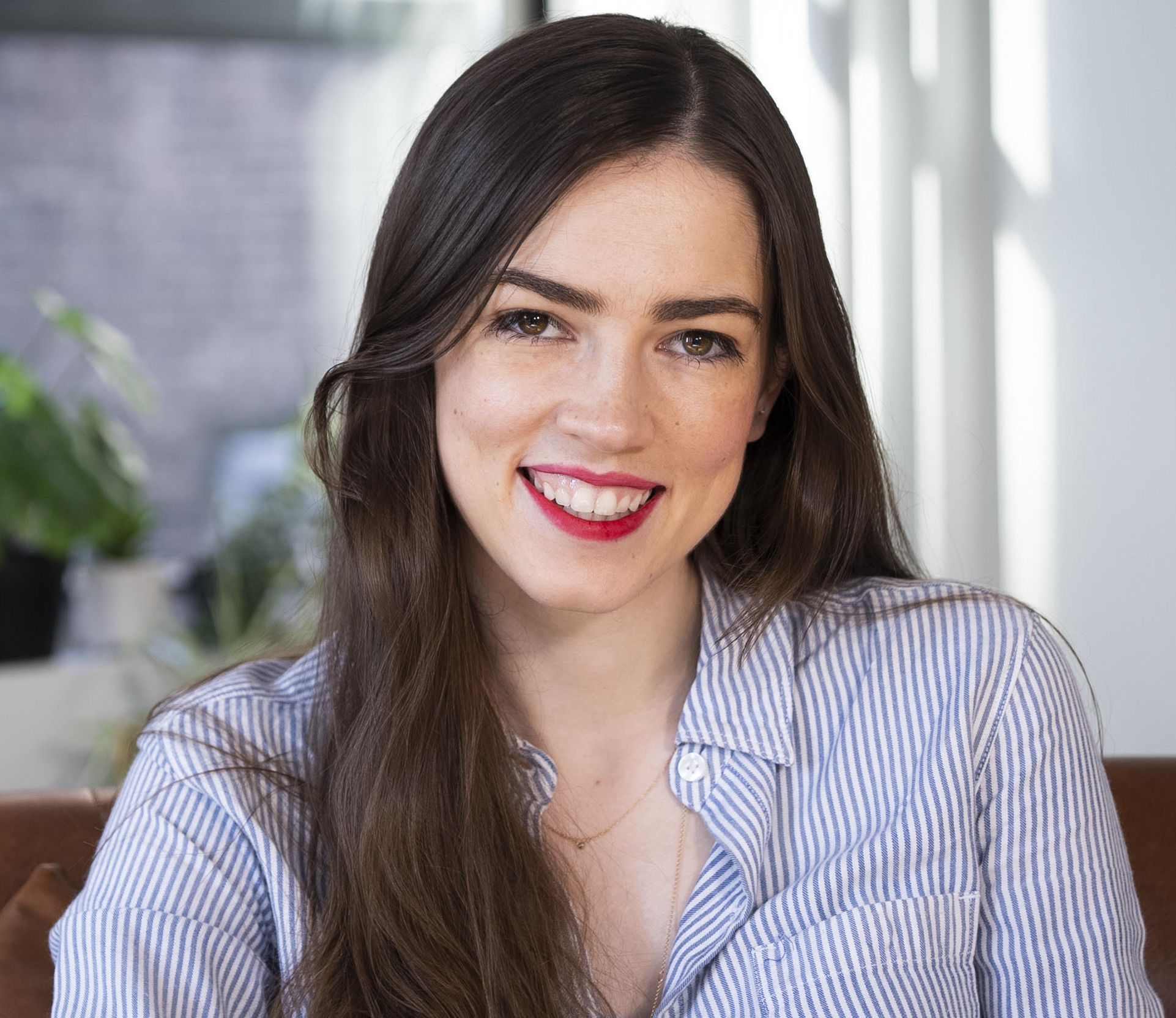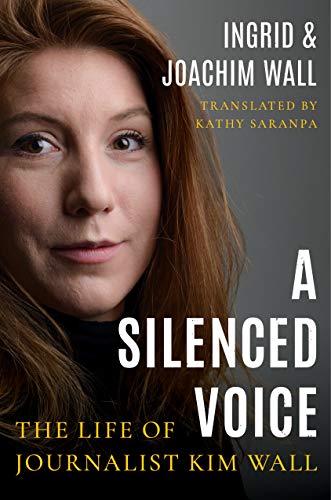Kim Wall Was So Much More Than a Headline
The parents of an adventurous, intrepid reporter are reframing the narrative around her murder.


Let me tell you about Kim. When she talked to her friends, she had a smile in her voice, like she was anticipating the moment you’d both burst out laughing. She reveled in delivering deadpan lines when you least expected it. She had a childlike, playful air, constantly dissolving into giggles, but she was also intensely passionate. When it came to gender equity and foreign affairs, two of her great loves, she wouldn’t let anyone undermine or underestimate her. Kim was kind, and sharp as a tack, and so, so loving.
Let me tell you how more than 100,000 news articles describe Kim: as a 30-year-old journalist from Sweden who was brutally murdered by a Danish inventor. Technically, that’s true. But the way Kim died is nothing more than a footnote in the great story of her life. And it’s that story that her parents, Joachim and Ingrid Wall, recall in A Silenced Voice: The Life of Journalist Kim Wall. With this book, written by two reporters who found themselves at the center of Europe’s biggest crime story of 2017, her parents are taking back the narrative about Kim, a born storyteller who was destined to write headlines, not become one.
On August 10, 2017, Kim was reporting the kind of feature she was beginning to be known for—she told stories of "the undercurrents of rebellion,” as she put it—this one about a homemade submarine, built by a prominent Danish inventor. Aboard the submarine, in the Baltic Sea with the inventor, Kim was murdered. The story of a missing journalist metastasized into international news when divers found parts of Kim’s body scattered across the ocean. By the time the inventor, Peter Madsen, went to trial five months later (he was found guilty of murder, sexual assault, and indecent handling of a corpse), every twist and turn of the grisly case was front-page news.
It's now been three years since Joachim and Ingrid's daughter was stolen from them, the details of her killing broadcast around the world. They are determined that Kim's legacy will not reflect the moments of her death, but instead the person that Kim's family, friends, sources, and readers knew her to be—"a force so alive that it always felt good simply to be around her," as her friend Alexis Okeowo wrote for The New Yorker.
I met Kim in 2012, the year we both moved to New York City for graduate school. Better journalists than me have written about her technical prowess, how she ranked among the very best of the genre she was making her own, but I think about her kindness most of all. She introduced herself to me when I was feeling shy at a party, and within an hour had put herself in my phone as "Kim Bff"—because, she said, we were going to be BFFs. She brought me chicken soup when I was sick, and pulled up a desk and a chair, quite literally, when I didn't want to work alone. I remember how she told me, deadpan, that Icelandic children were taught to assemble IKEA furniture in first grade. I remember her delighted giggle when I believed her.

Kim at her 2013 graduation from Columbia University.
"The book is our way of telling the world who Kim was: a daughter, a journalist, and a human being," Ingrid, Kim's mom, says.
A Silenced Voice is a tapestry of past and present, at once a joyful chronicling of a life well lived and a family's reckoning with that life being extinguished. It follows Kim as she leaps from London to Cuba, New York to Haiti, Beijing to Sri Lanka, collecting stories, bylines, and beloved friends as she goes. It also traces the hours, days, and weeks after Ingrid and Joachim wake up to the news that their daughter is missing, and learn from the television that a stranger is being charged for her murder. Ingrid and Joachim were present for every day of Madsen's trial—at one point, even asked to not walk directly past Madsen because it "upset" him, according to A Silenced Voice—but at no point does the book devolve into bitterness. Instead, much like Jayson Greene's Once More We Saw Stars, a tribute to the daughter Greene lost, A Silenced Voice reveals the light that can—and, perhaps, must—be found in grief.
Get exclusive access to fashion and beauty trends, hot-off-the-press celebrity news, and more.
"It shouldn’t have been possible to stand upright and continue to live," writes Ingrid of the first few months following Kim's death. "At the same time, it’s been six months in which we’ve experienced so much love and warmth that didn’t exist in our consciousness before tragedy struck."

Kim reporting a story in New Delhi in 2011.
I asked Ingrid about the choice that she and Joachim made, both for their book and for their lives, to choose love and empathy over hatred and anger. "We decided early on that hate has no place in our hearts," she says. "To fall into that dark pit would make us losers once again."
Another way that Ingrid and Joachim have found meaning: The Kim Wall Memorial Fund. A collaboration with Kim's beloved International Women's Media Foundation, the Fund awards annual grants to female journalists "with Kim’s adventurous spirit" working on underreported stories while "out in the world, brushing up against life," as Kim was. In three years, the Fund has given out $30,000 worth of grants. Every spring, Kim's friends and family gather in a warm bar in Brooklyn for her birthday and meet that year's recipients. There are speeches and toasts, and a lot of hugging. Kim was a world-class hugger.
A Silenced Voice, translated by Kathy Saranpa, is available now.
A version of this piece appears in the Summer 2020 issue of Marie Claire.

Jenny is the Digital Director at Marie Claire. A graduate of Leeds University, and a native of London, she moved to New York in 2012 to attend the Columbia University Graduate School of Journalism. She was the first intern at Bustle when it launched in 2013 and spent five years building out its news and politics department. In 2018 she joined Marie Claire, where she held the roles of Deputy Digital Editor and Director of Content Strategy before becoming Digital Director. Working closely with Marie Claire's exceptional editorial, audience, commercial, and e-commerce teams, Jenny oversees the brand's digital arm, with an emphasis on driving readership. When she isn't editing or knee-deep in Google Analytics, you can find Jenny writing about television, celebrities, her lifelong hate of umbrellas, or (most likely) her dog, Captain. In her spare time, she writes fiction: her first novel, the thriller EVERYONE WHO CAN FORGIVE ME IS DEAD, was published with Minotaur Books (UK) and Little, Brown (US) in February 2024 and became a USA Today bestseller. She has also written extensively about developmental coordination disorder, or dyspraxia, which she was diagnosed with when she was nine.
